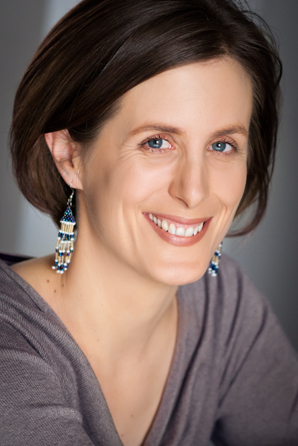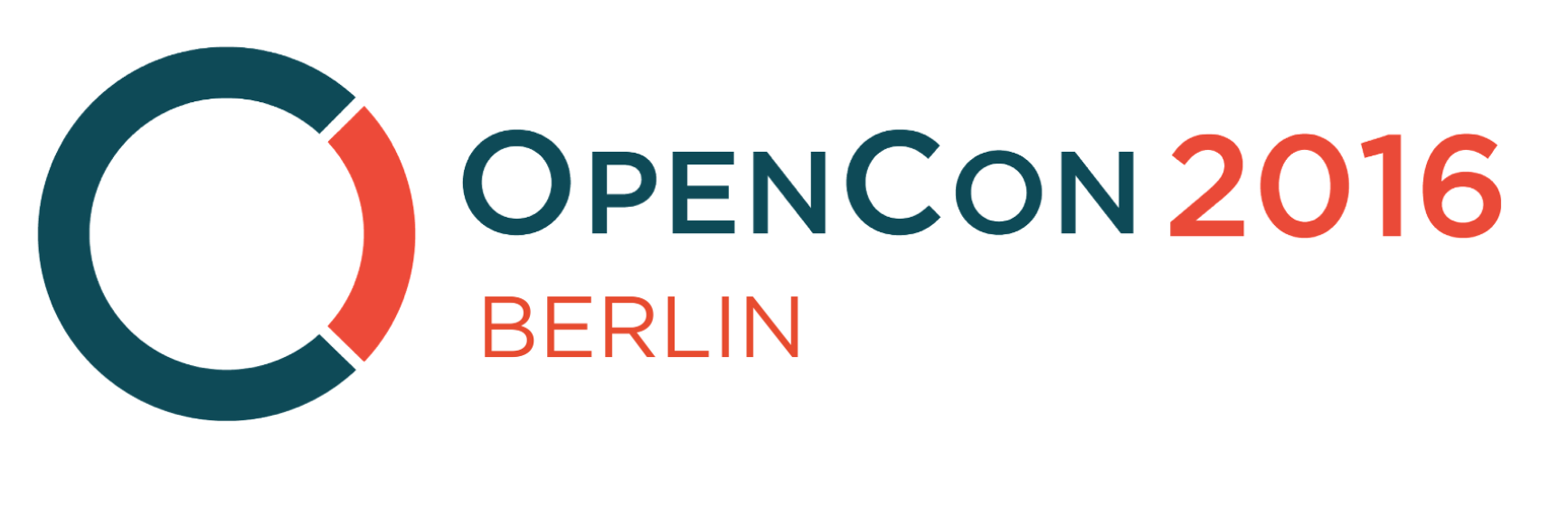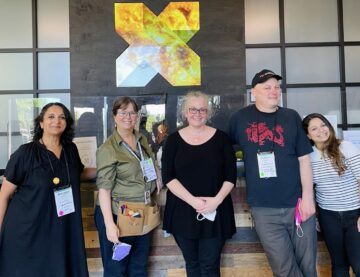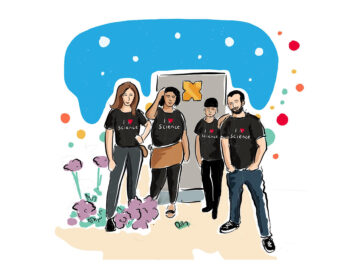Subscribe to our newsletter
Is the Digital Age and the Academic Internet Bringing the Scientific World Closer Together? #openconberlin
 Dr. Johanna Havemann is the founder and head at Access 2 Perspectives. She obtained the PhD in 2009 from the Max-Planck Institute for Developmental Biology in Tübingen (GER). Johanna is a trainer and consultant in Online Marketing, Science Communication and Developmental Cooperation. Her working experience covers NGOs, startups and international institutions including UNEP.
Dr. Johanna Havemann is the founder and head at Access 2 Perspectives. She obtained the PhD in 2009 from the Max-Planck Institute for Developmental Biology in Tübingen (GER). Johanna is a trainer and consultant in Online Marketing, Science Communication and Developmental Cooperation. Her working experience covers NGOs, startups and international institutions including UNEP.
OpenCon is the annual gathering of #OpenAccess, #OpenEducation and #OpenData enthusiasts and gave rise to numerous satellite events across the globe each year.
This year, the Berlin-based Satellite #OpenConBerlin covered three days from November 24 to 26 and kicked off with an open science hackathon on day1 (report coming soon).
The second day brought together MEP Julia Reda with her sharp analysis of the European copyright reform; Natalia Manola on text and data mining, the next step in open access; Stephanie Dawson presenting the open collaboration platform ScienceOpen; Hollydawn Murray from the Open Science publishing platform F1000Research; Oliver Sauter from WorldBrain, the Open Peer Reviewing web service; Felix Evert explained how #OpenCollaboration can work via Micropublications; Kerstin Helbig explained how open research data management happens at the Humboldt University; Peter Kraker and colleagues presented their new science literature research tool OK Maps.
“The Future of Open Collaboration” was discussed at a panel discussion between the audience, Overleaf’s John Hammersley, Authorea’s Karolina Mosiadz and PaperHive’s Alexaner Naydenov – moderated by Jon Tennant.
A List of the Open Science Collaboration Services that were present and presented:
- Altmetric – to track and analyse the online activity around scholarly research outputs
- Digital Science – a digital tools hub for researchers
- F1000Research – an Open Science publishing platform
- Figshare – an online data repository, citable via a doi
- hypothes.is – a browser plug-in to annotate web pages
- Open Knowledge Maps is a visual interface to the world’s scientific knowledge that drastically escalates the discoverability of research articles – give it a try and be mind-blown
- OpenAIRE – Open access to scientific peer reviewed publications has been anchored as an underlying principle in the Horizon 2020
- Overleaf – LATEX-based collaborative Writing
- PaperHive – collaborative reading and annotating
- Protocols.io – a collaborative protocol-centered platform
- RIO Journal – a publisher for all outputs of the research cycle
- Sample of Science – micropublications
- ScienceOpen – open collaboration platform
- WorldBrain – Open Source search engine
On the third day, participants had a brainstorming session to develop ideas which next steps to take and how to grow the Berlin Open Science community. We also discussed how the Global South could benefit more from Open Science resources, particularly in Africa.
We therefore suggest to hold orchestrated OpenCon Satellite events across Africa in 2017.
To get involved contact us at info@access2perspectives.com with the subject ‘OpenConAfrica 2017’
OpenConBerlin co-organizers
OpenAIRE – ScienceOpen – Digital Science
Sponsered by Figshare and Overleaf
Check all related tweets at #openconberlin
Further reading
This post also appears here.




